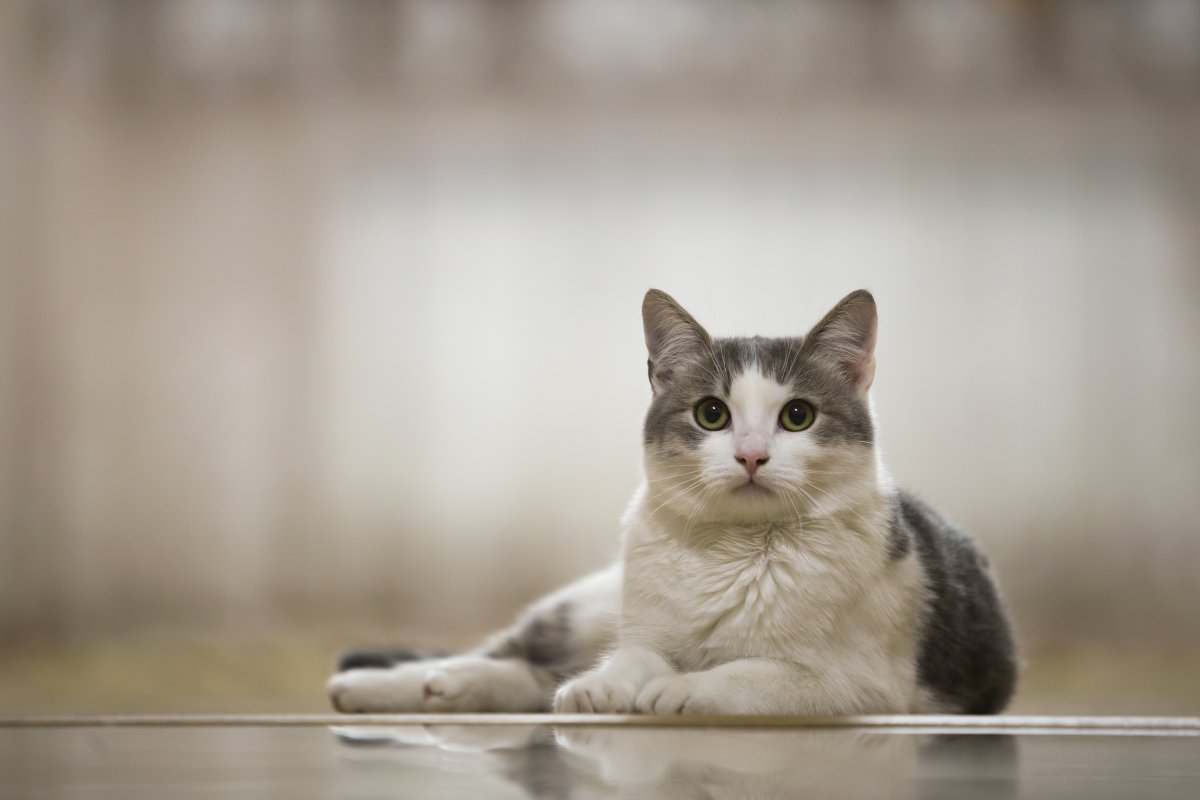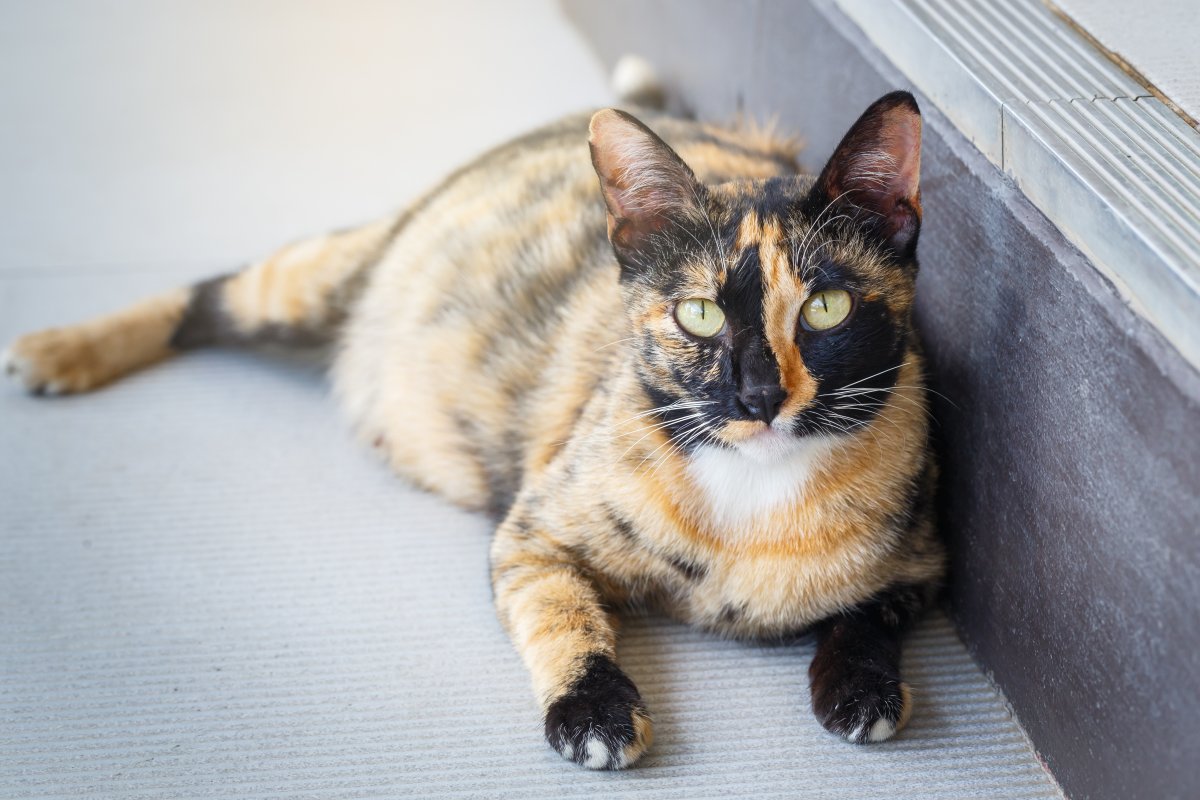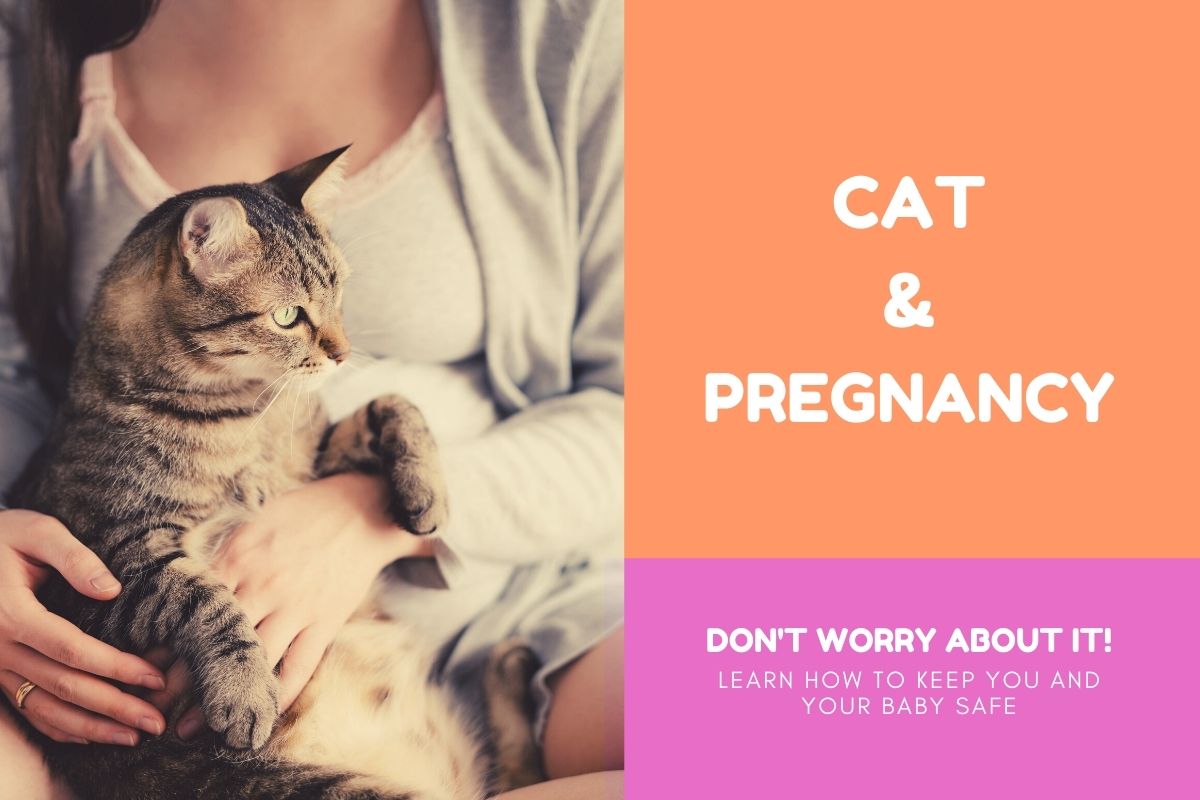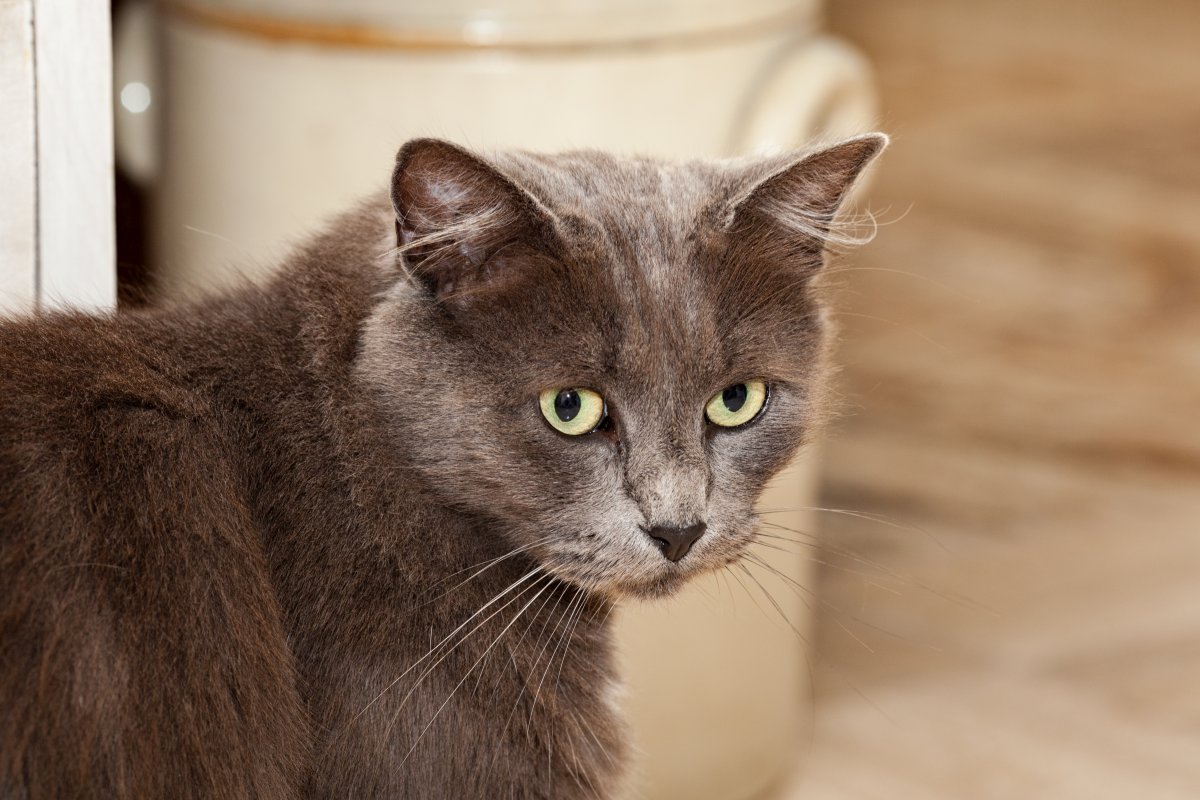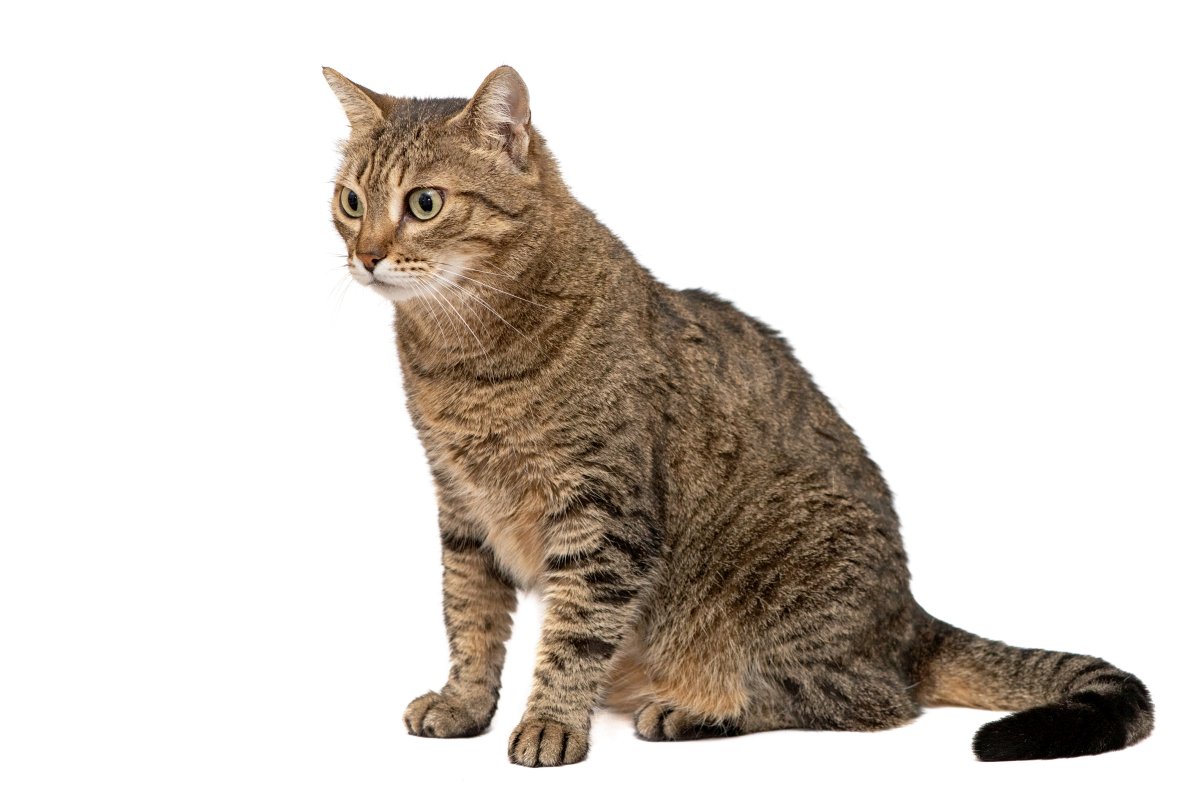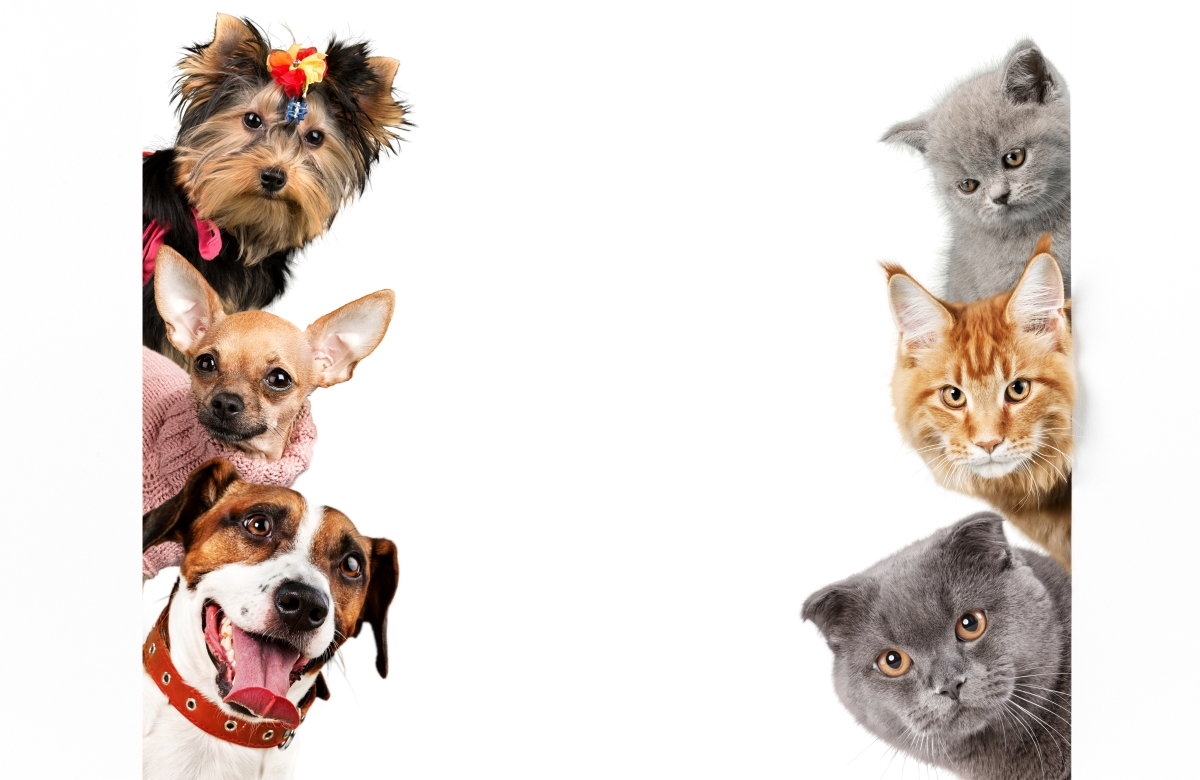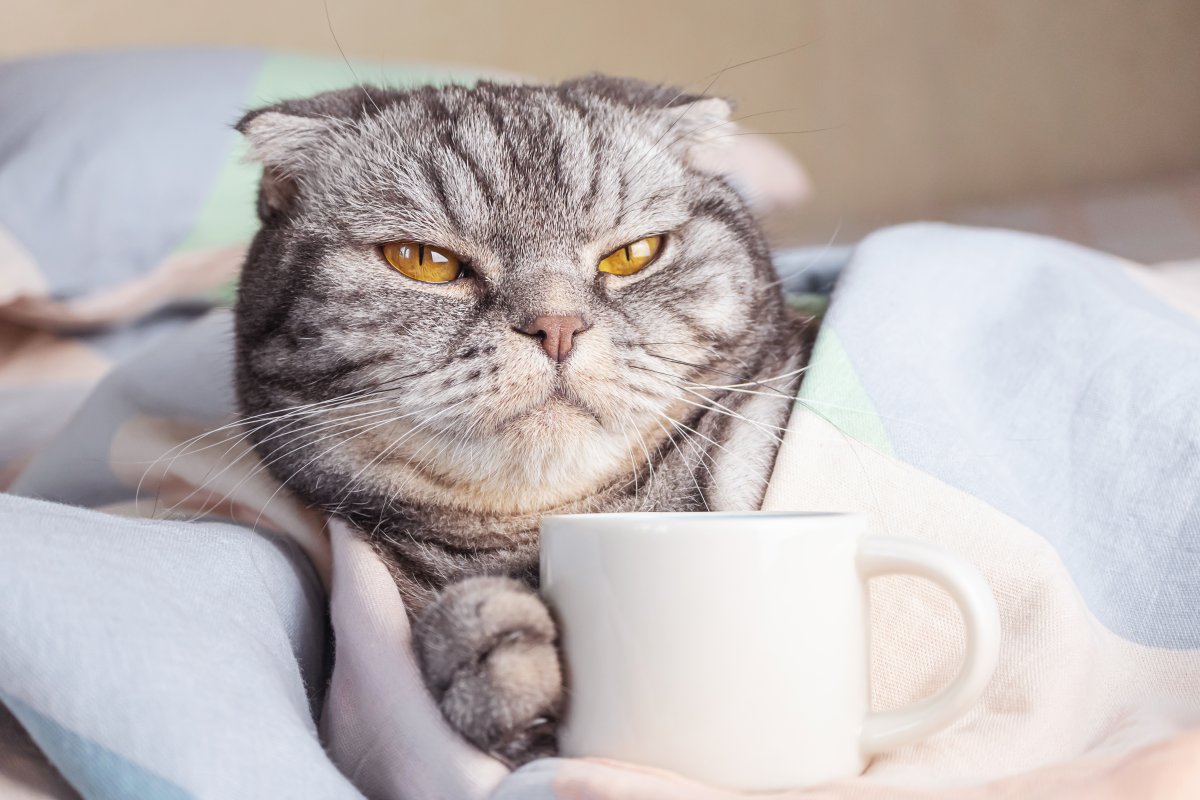Cats are low-maintenance pets. However, pregnancy is a unique experience because it can be extremely taxing and tiring for both the cat and the cat owner. This is why many people opt to get their cats neutered before the age of one. This significantly improves the long-term health risk factors of the cat and impacts their quality of life.
However, if you have adopted an older cat or decided not to have any intervention done on your cat, you should expect your cat to get pregnant at some time. Cats have definitive mating periods, during which they have a higher sensitivity to pheromones of their potential mates. In the article, we will be discussing a few tips that will help you during pregnancy in cats. These tips will also be very useful for the parturition period of your cat. We hope you enjoy reading it.
How long are cats pregnant?
Every animal has a specific gestational period. Even among different breeds of the same species, the gestational period can vary. Cats are pregnant for about two months (58 to 67 days), and this period is pretty much the same in different kinds of cats. However, pregnancy in some cats is noticed at a later stage than the others.
Early Signs and symptoms you may notice when cats are pregnant
Signs of pregnancy in cats can be grouped as early signs and late signs. Early signs include morning sickness and nausea. You may notice that your cat has a low appetite in the morning and starts missing its morning meals. In some cats, there are also episodes of vomiting. They usually vomit in the early hours of the day, but it can occur at any time of the day. During the initial period after conception, cats experience decreased appetite and early satiety.
Advice for later stages of pregnancy in cats
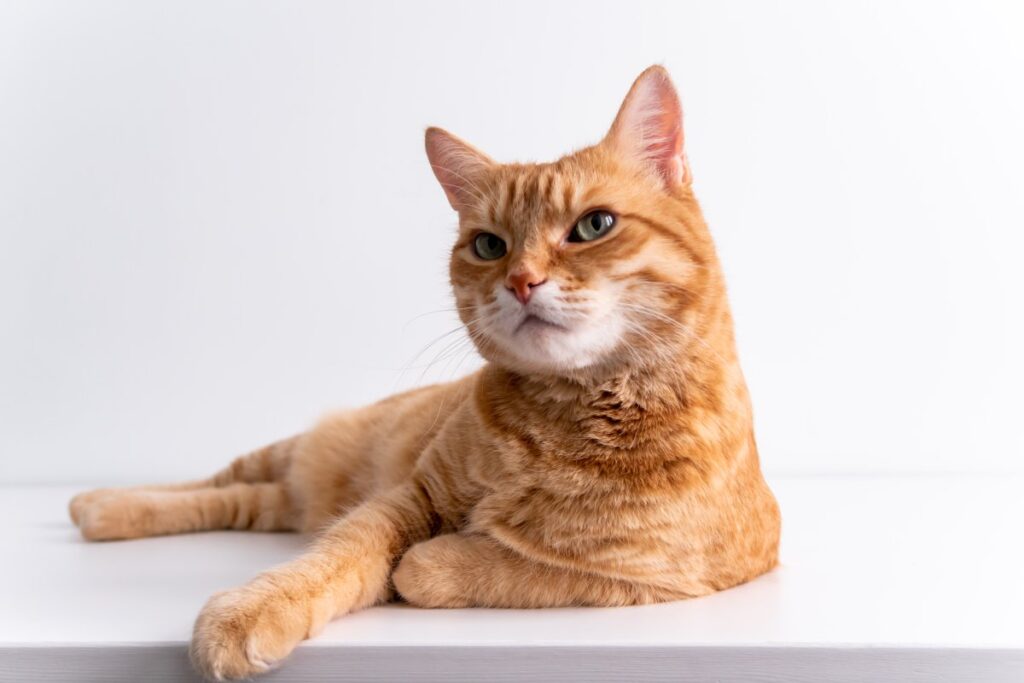
As the gestational period passes by and the pregnancy progresses, there are numerous changes that the cats undergo. These changes include physical changes as well as changes in their mental health. As a cat owner, you must be mindful of this transition and keep a close eye on them. You must provide them with the comfort and care they require. It would be best if you remained patient with them, and even though it can be rough, you have to be composed.
Signs that appear later in pregnancy in cats
You may start to notice physical changes in the cat’s body near the end of their pregnancy. At times, they may also have mood swings and severe fluctuations in their energy levels.
Cats usually become less playful and appear lethargic during their gestation period. Towards later in their pregnancy, you may also notice an increase in their appetite and that they start to eat more than usual. This is because they have to eat to fulfill the energy requirement of the kittens growing inside them.
Increase in pain sensitivity during pregnancy in cats
Another change you may notice in felines during and after pregnancy is that their pain sensitivity significantly increases. You may see them reacting strongly to even a light stroke or a gentle touch. Some cats can even develop aggressive attitudes towards their pet owners. This might be alarming and distressing for cat owners, especially if their cats were very playful and friendly in the past.
How to tell if a cat is pregnant
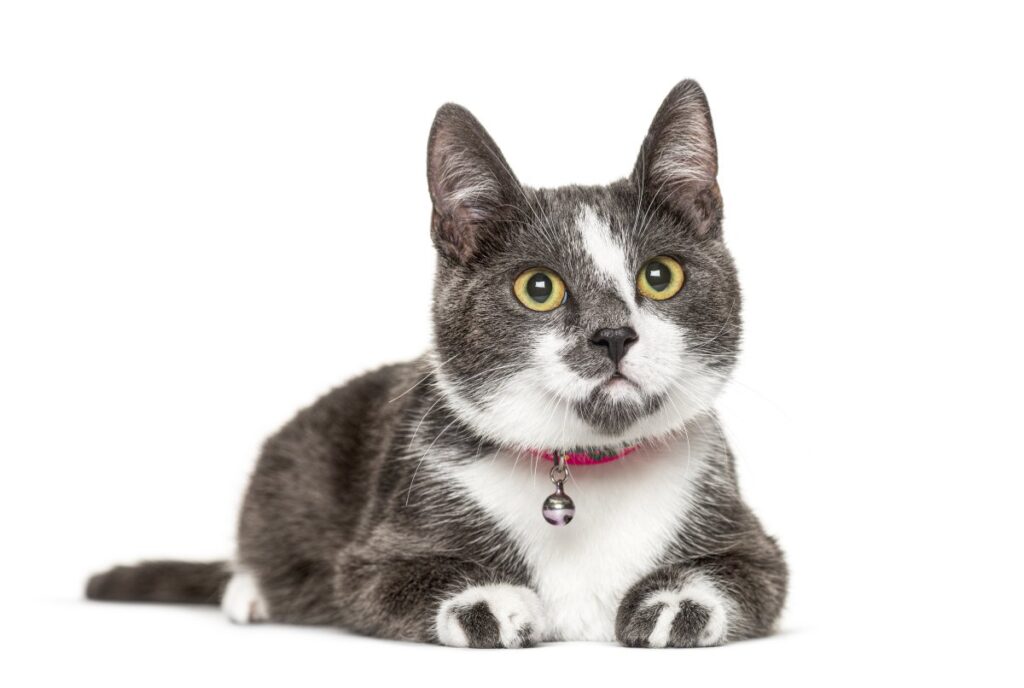
As a cat owner, you must be observant about your cat and always be cautious if your cat’s behavior changes. If your cat starts behaving differently and you feel that something is off, you must try your best to explore the reasons for such a change. While there can be several causes for such an observation, you must consider the possibility of pregnancy if your cat is fertile.
In such circumstances, it is very important to get your cat checked by the vet. An expert can detect pregnancy in cats at a much earlier stage, which will allow them to get the support and care they require sooner rather than later.
Towards the end of the cat gestation period
As the cat is preparing to give birth, you should also make necessary adjustments for its parturition. Just like women, cats also undergo labor pains and all other stages of labor. This is exhausting and sometimes even traumatizing for a cat. You may hear them howling and screaming in pain.
During parturition, it is important to make them as comfortable as you can. Make sure you have prepared a spot for them beforehand, where they can give birth. Also, be mindful that the spot must be comfortable for them, and they should be familiar with that space.
After the pregnancy is over
The postpartum period for a cat involves several transitions. They are left exhausted and drained because they have just gone through labor and are also feeding their kitten. They have very little energy left inside them.
It would be best if you took good care of the cat’s nutrition, sleep, comfort, and safety. When the kittens are just born, the mother cat feels very scared for their safety and often switches locations to avoid any potential threat. You must make sure that they are safe and secure.
Final Thoughts!
Having any pet, including a cat, is a very big responsibility for the pet owner. You must realize the magnitude of this responsibility and do your best to come through. Pregnancy in cats is difficult, and being aware of the condition and what they go through can be of great help. We want you to have all the information and guidance you need if your cat gets pregnant. Your cat will need your support, love, and affection to get through this time. Like humans, giving birth to offspring can take a toll on their physical and mental health, and you need to give it time that they need to recover completely.

